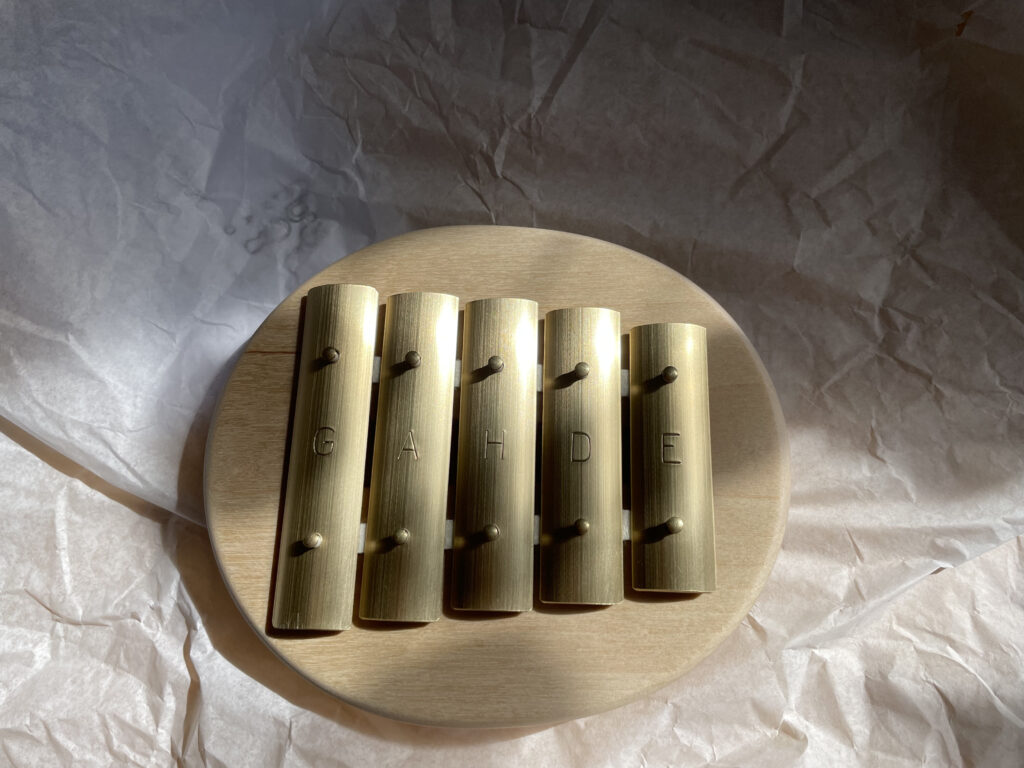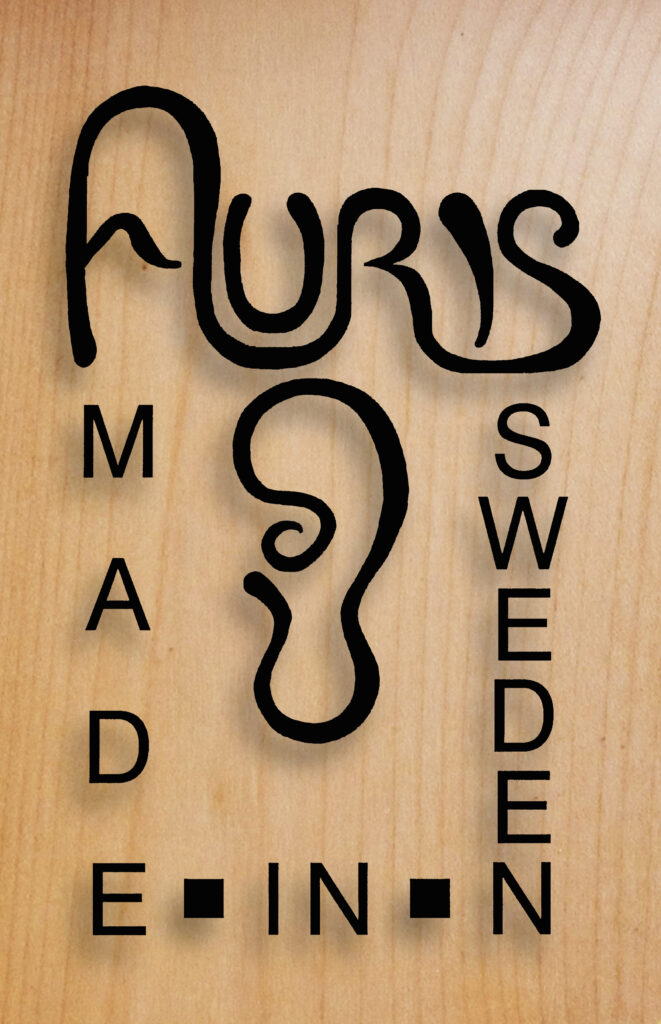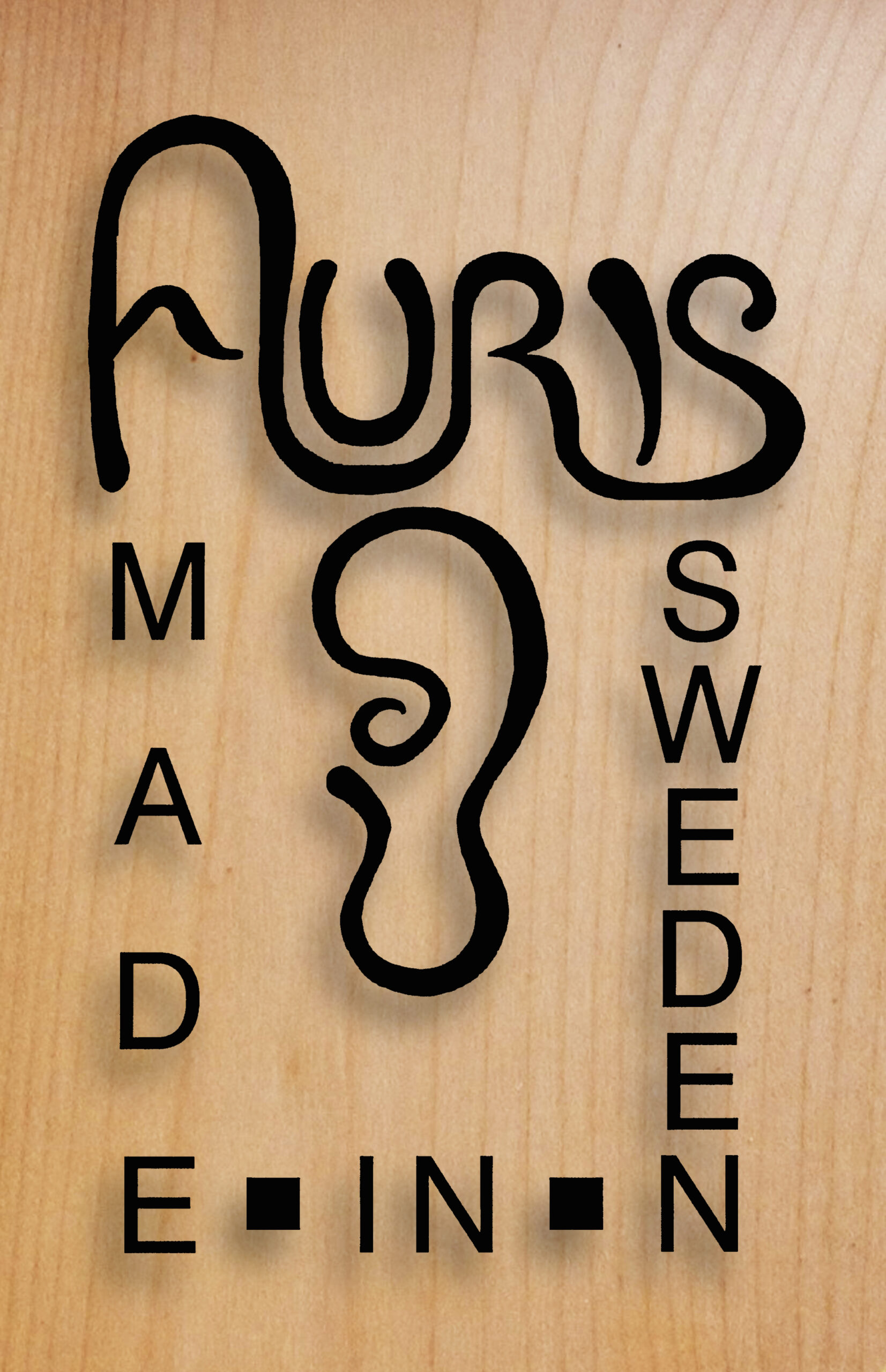FAQ
Yes, Auris provides a wide selection of beginner-friendly instruments. These are thoughtfully designed to help new musicians start playing with ease, especially children and those exploring intuitive or improvisational music.
Yes, Auris ships instruments internationally. Shipping costs and delivery times vary depending on your location.
Auris offers a 30-day return policy on all instruments, as long as they are returned in their original condition and packaging.
The LNP lyre is a more advanced sound-producing instrument with a carefully balanced combination of string tension, wood hardness, shape, and material choices like brass and wood. It is both sonically and visually refined.
The LKP lyre, on the other hand, is a simpler and untreated model, made of pure wood without surface treatment—making it easier to maintain and ideal for basic use.
A pentatonic lyre uses a five-note scale, making it ideal for free improvisation and intuitive play, particularly in Waldorf education.
A diatonic lyre includes the full seven-note scale, offering greater melodic and harmonic range.
The pentatonic lyre is highly recommended for beginners, especially young children, as its harmonious scale makes it easy to explore music without hitting “wrong” notes.
Larger lyres offer a richer and deeper tone with more resonance, while smaller lyres are more portable and easier to handle, especially for beginners or young players.
Yes, different lyre models use varied string counts, tunings, and materials. Some have metal-wound strings for brighter tones, while others use gut or nylon strings for a softer, warmer sound.
Therapy lyres are designed with a softer, purer tone and minimal overtones, specifically to support sound healing and relaxation. Regular lyres have a more traditional sound range for performance and practice.
A curved lyre is more ergonomically comfortable and produces a more open and ringing tone. A straight lyre offers a more structured sound, preferred in classical or folk music settings.
Maple: bright and clear tone
Cherry: warm and mellow tone
Ash: balanced resonance with strong projection
Some Auris lyres support multiple tunings, while others have a fixed scale. It’s important to check the tuning range of the specific model before making adjustments.
The tones marked “B” (used in English-speaking countries) and “H” (used in many European and Asian countries) are identical in sound. The difference lies only in the notation system, and Auris offers both versions (#KPB and #KPH) to accommodate international customers.
No. Auris uses only lead-free brass in all of its glockenspiel models, ensuring safety and environmental responsibility.



